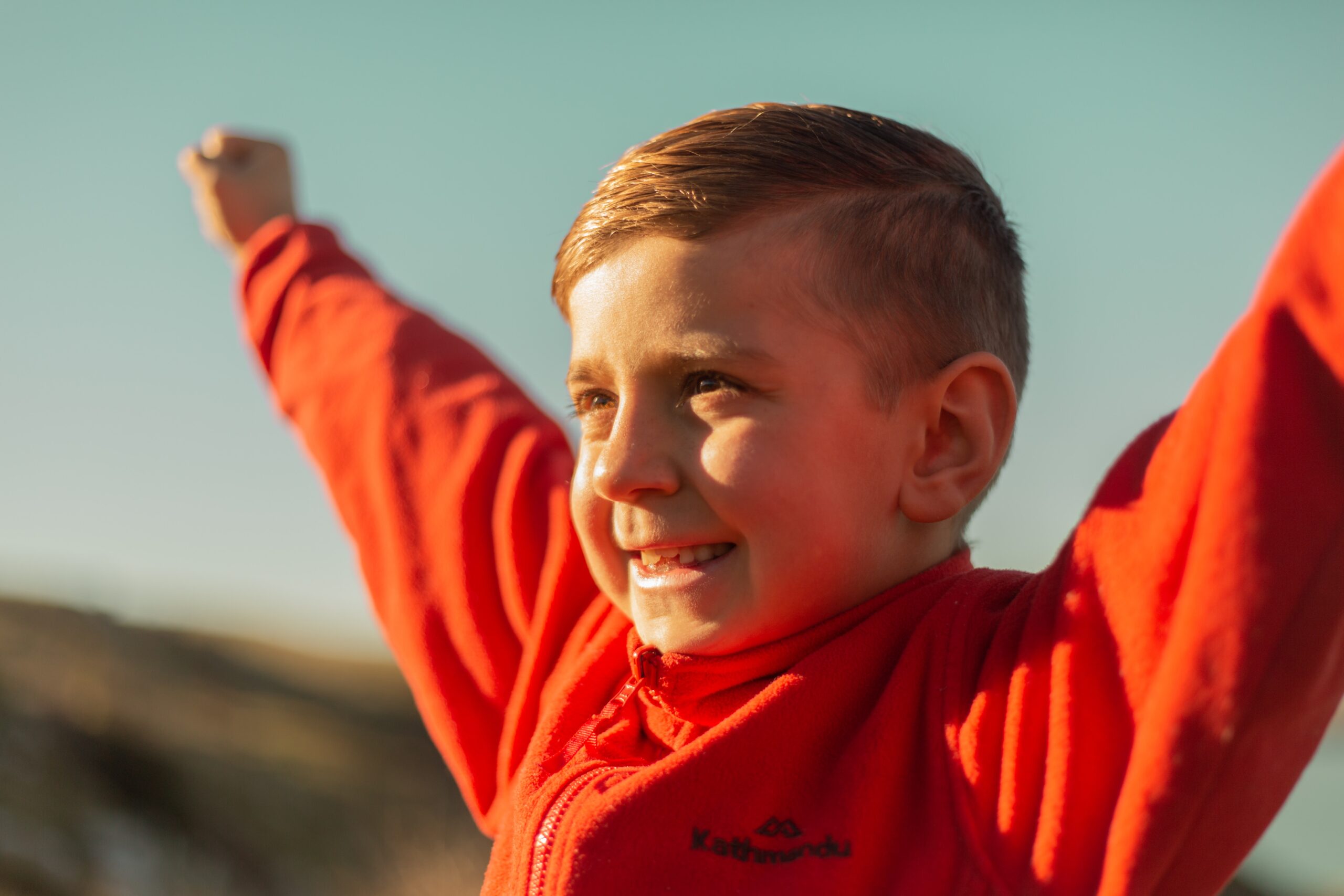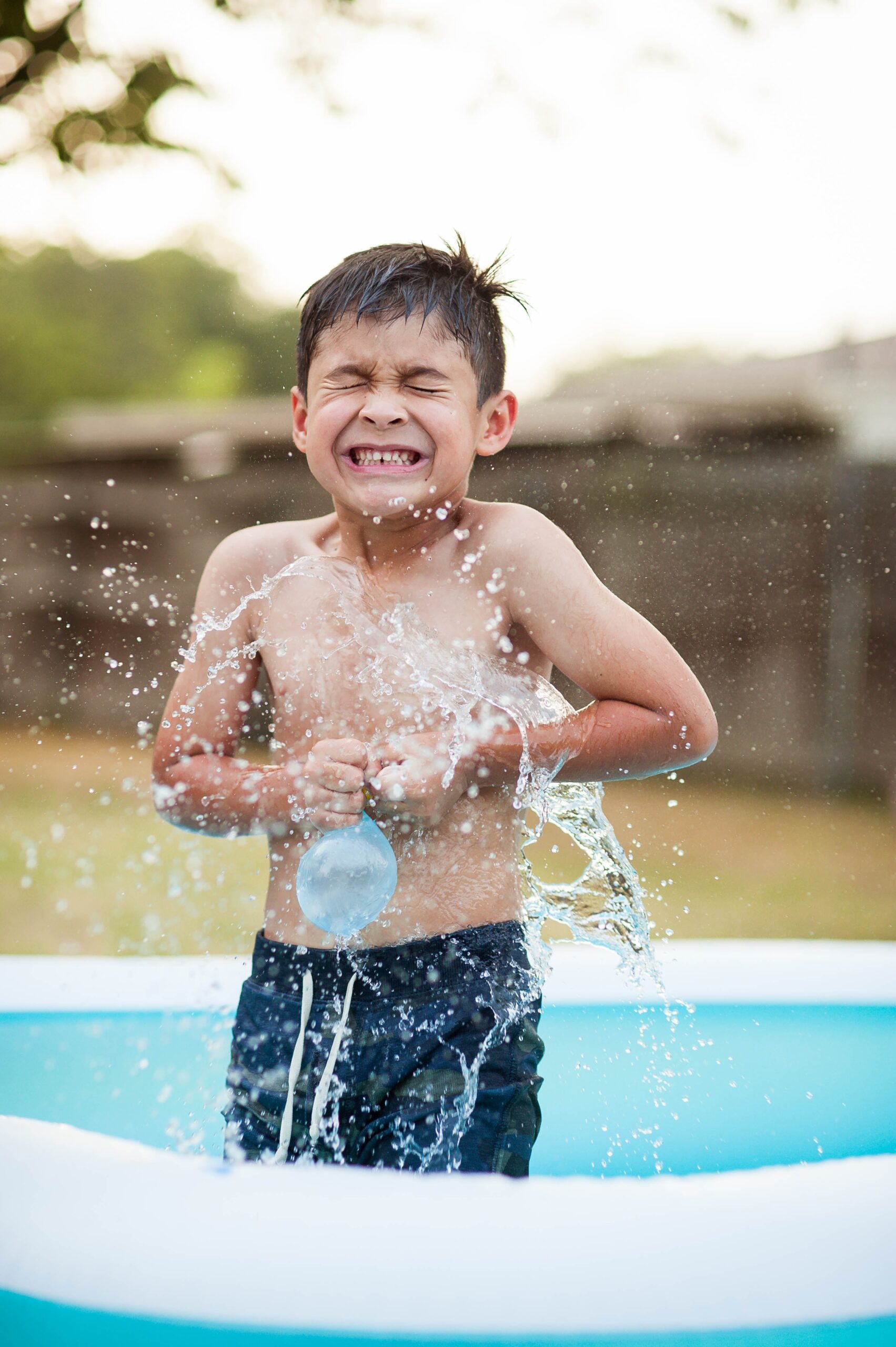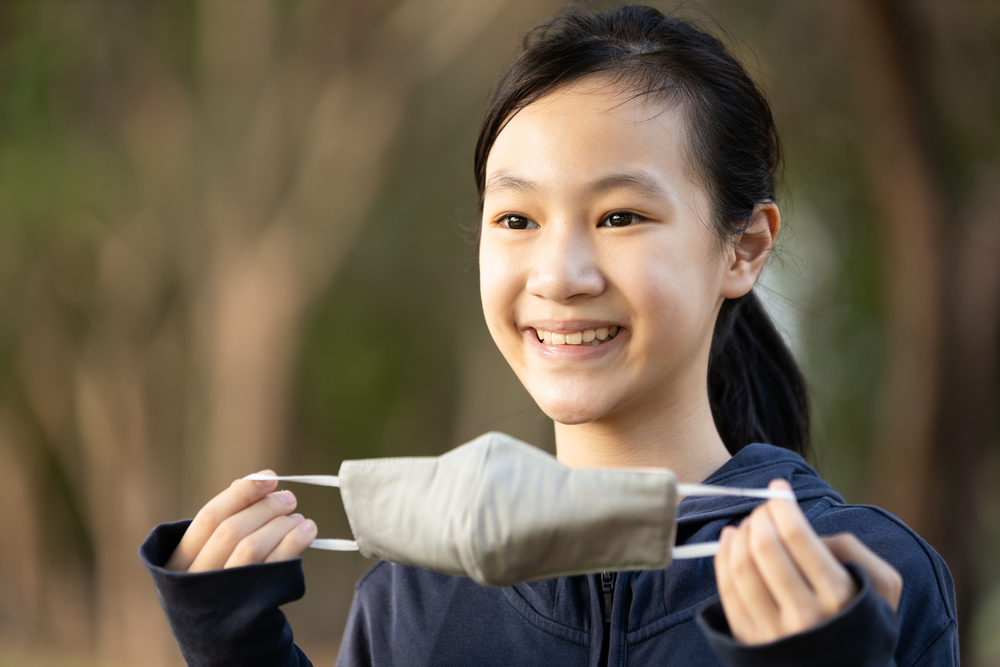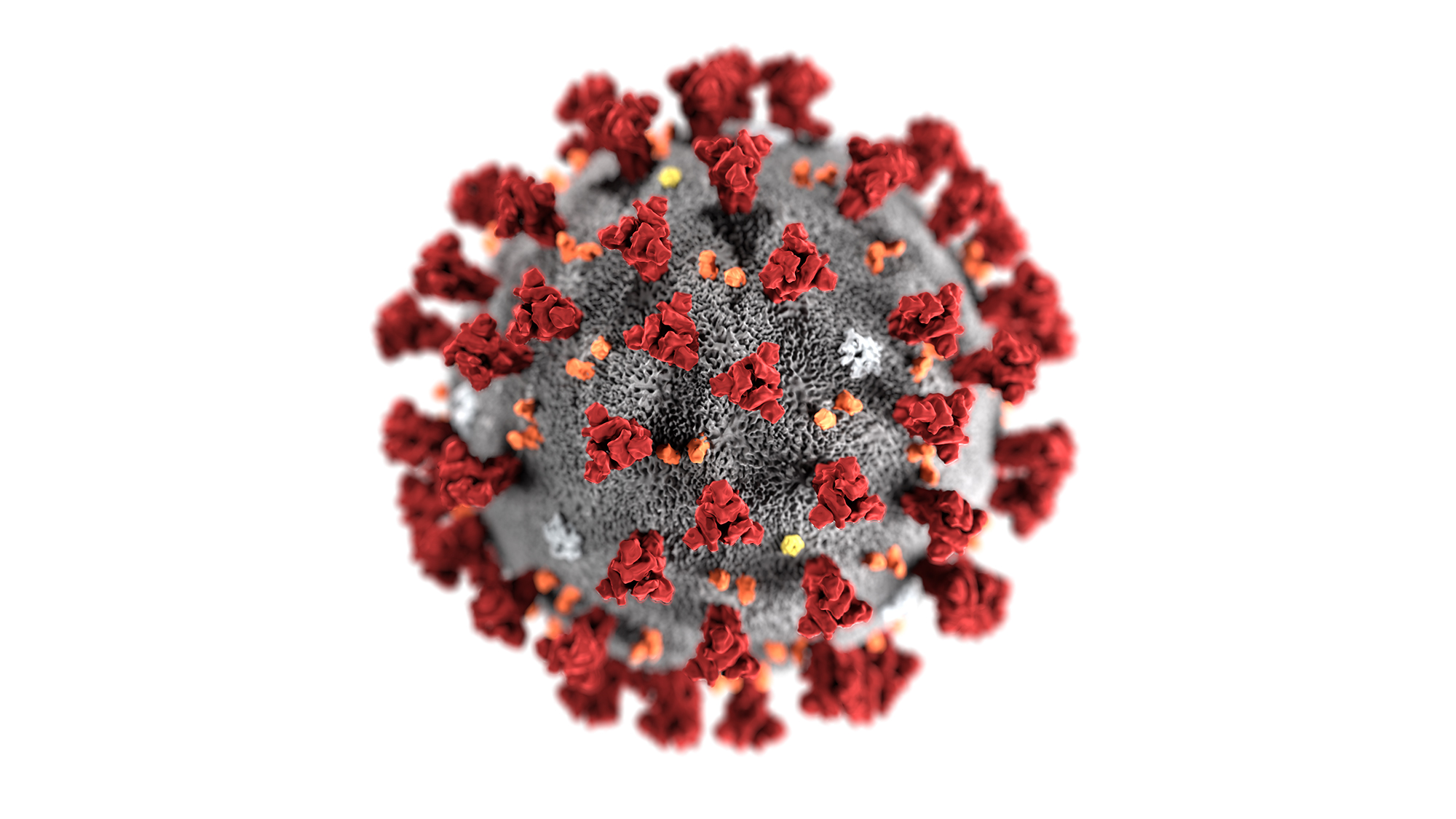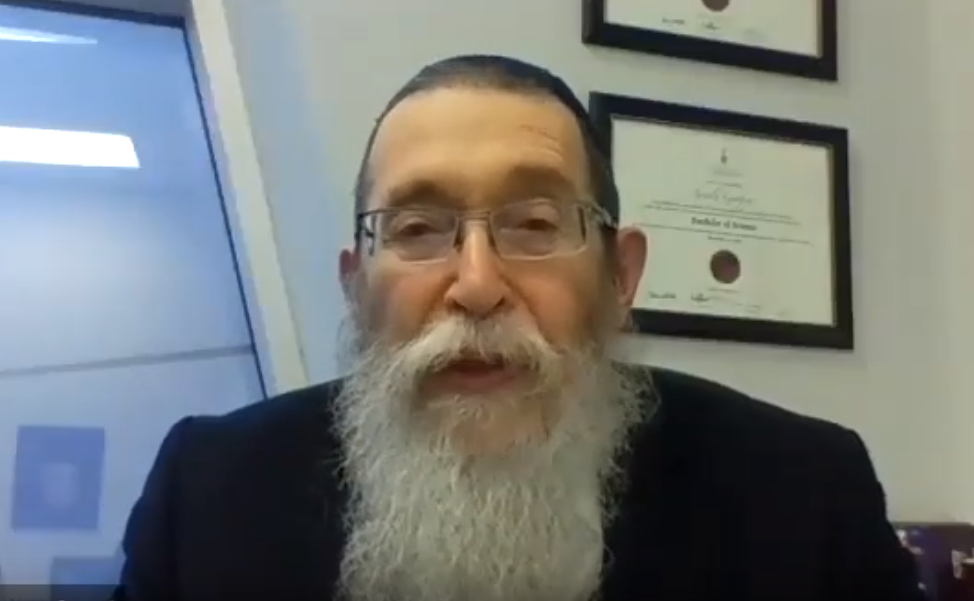It’s official – Emotional intelligence and the social skills they enable turn out to be even more important in life than our academic or technical skills. The healthy development of social skills is essential for children to succeed in school and in life. This development takes place through interaction with other children typically in informal settings. For some children, social skills come easily and naturally. However for others, especially children with ADHD or another learning disability, it may be more difficult.
The reason why these children have a harder time with social skills than others is because they may not able to focus on, process, store, and retrieve information based on subtle non-verbal cues like tone of voice, facial expressions and body language. While some children with ADHD or an LD do not have trouble with social skills, they are the exception. Most of them have difficulty in this area and require additional help. While they can be charming and engaging which is a part of socializing, they tend to not read people well, be more emotionally immature, and play with younger kids in order to act similarly to them.
One of the ways children socialize is through games or playing sports. Children with a nonverbal learning disability will have trouble processing on the sports field. This will make it difficult for them to keep up. Children with ADHD will have trouble keeping their eyes on the ball or following a strategy in a team environment. These added difficulties increase the likelihood that they will not want to participate anymore.
The ability to socialize at recess is very important. Kids that can’t ‘make it’ at recess will very often also find it difficult to make it in the classroom. This is especially true for group work or activities, putting them at a disadvantage in school.
In conversations they will lose track of the topic and go off on rants or tangents causing the other party to feel ignored and not listened to. They will talk much more than they listen, or will withdraw because they are in their own world and don’t get yours.
If your child has ADHD or a learning disability it is important that you provide him with some extra help when socializing. The goal is to work with your child at socializing at an age appropriate level to allow him to develop alongside his peers.
Here are some useful tips for practicing social skills with your child.
Role Playing – Practice makes perfect. By practicing social encounters in a safe environment with you, your child can develop the experience to understand the social situation. You can make a game of it and display different emotions. Your child has to guess the emotion that you’re experiencing and then figure out what the appropriate response might be.
Coach Before Social Encounters – When your child is about to enter a social situation that he has typically found difficult, a little preparation can go a long way. Let him know how many children there might be, what activities they might do, and the potential problems that may come up. Speaking out the problems and possible solutions with your child allows them to go into the situation with a plan. While he may falter and return to his usual responses, with enough coaching slow improvements can be seen.
Ask Follow up Questions Afterwards – After a social situation it’s always good to ask your child follow up questions. Find out what went well and what could have been improved. Rather than provide your child with the answer to a problem that he may have encountered, ask them what might have been a better way to handle the situation. What a child is out of the event and removed from the emotions he can think more clearly. By being conscious of alternative reactions, he will eventually be able to think while the event is transpiring.
While these tips can help improve the social skills of your child, if he has ADHD or a learning disability, it’s important to also treat the condition. With the proper treatment, he will be able to develop the social skills necessary to be successful in life.
Have personal questions about ADHD or Learning Disabilities? Schedule a free assessment today and discover how our program can help your child.
Image courtesy of nenetus at FreeDigitalPhotos.net

